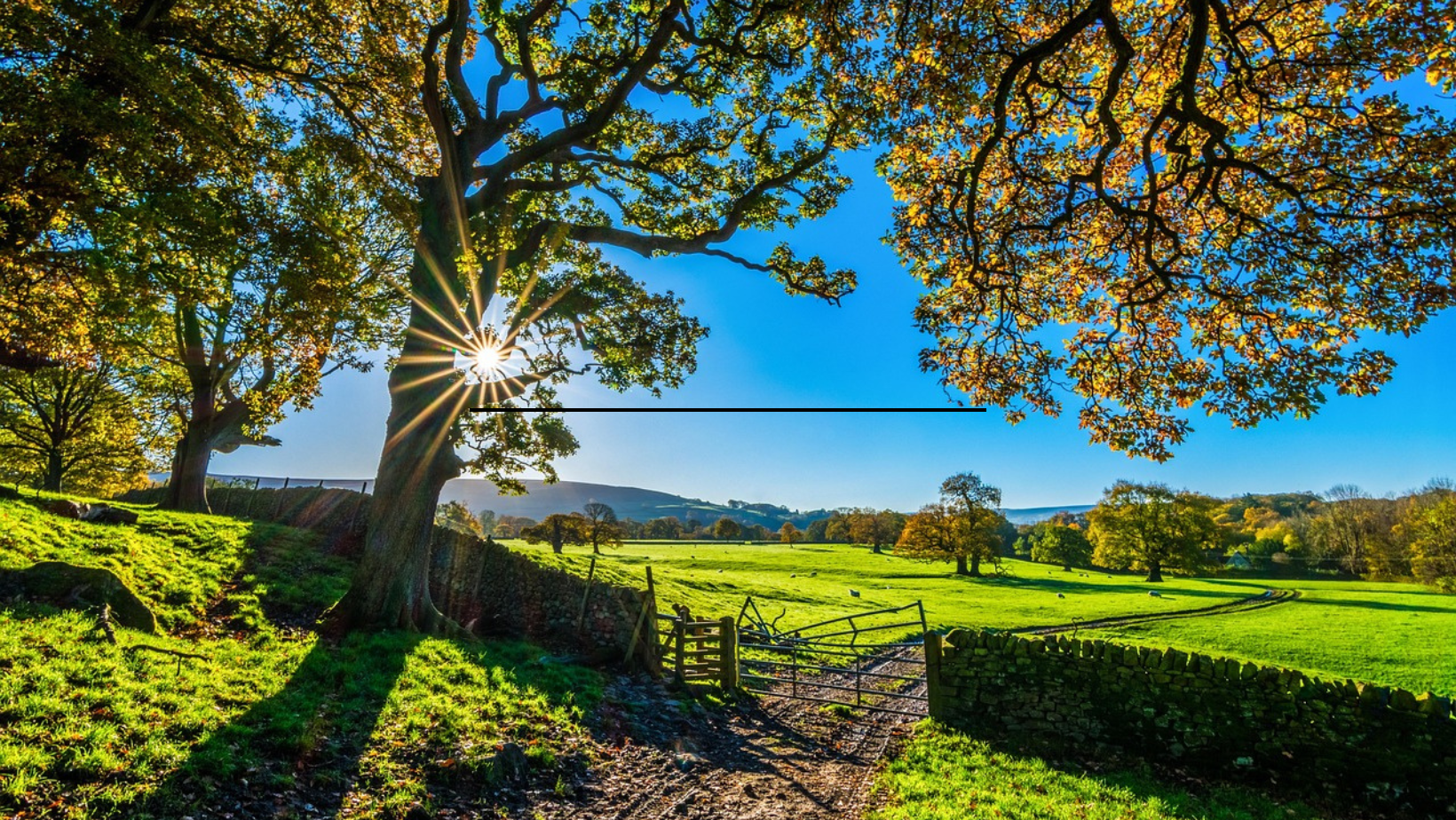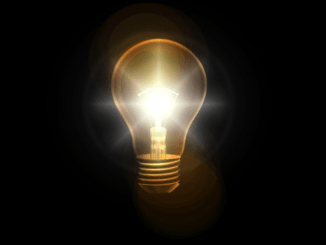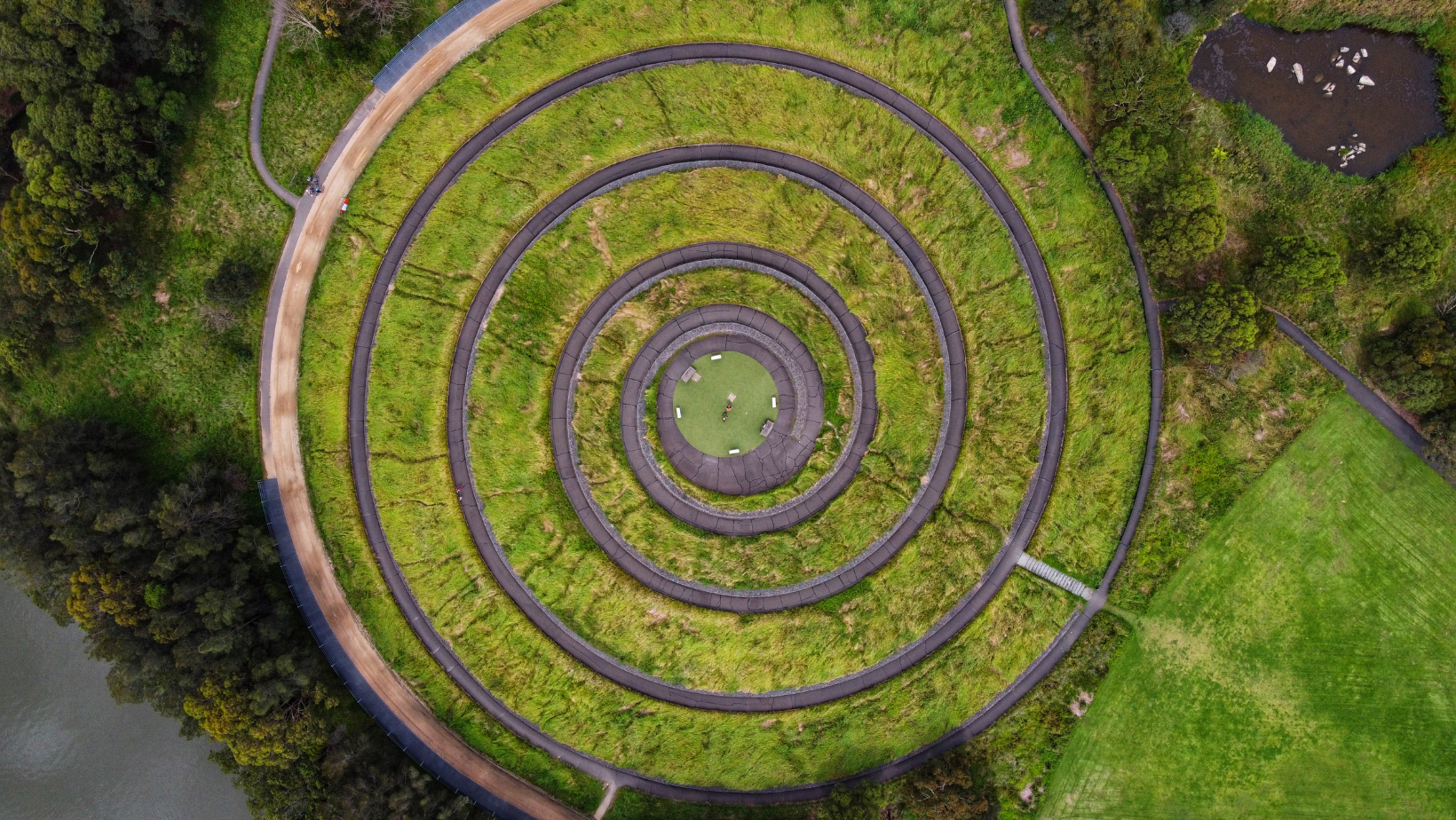
What if the story of our world isn’t a collection of crises…
…but a single system trying to rebalance itself?
Welcome to Flip The Script—where we reveal the interconnected world behind the headlines.
Today: How changes in food production, energy, transportation, ICT, smart cities, digital democracy, circularity, and cyber-security shape one another—and shape us.
This is not eight separate stories.
It’s one ecosystem.
Food doesn’t begin on a plate. It begins with land, water, energy, data, and logistics.
When agriculture shifts toward regenerative practices or precision farming, energy demand changes.
When energy changes—say, through renewables—transportation changes.
And when transportation changes, the cost and carbon footprint of food distribution transform too.
These shifts ripple outward,
Clean energy isn’t just about lower emissions.
It’s about redesigning infrastructure.
Solar, wind, microgrids, and storage require new digital controls, new transportation fleets, and new materials.
That means deeper integration with ICT, smarter city planning, and yes—greater cyber-security risks.
Every sensor, every smart meter, every grid node becomes a potential point of failure…and a potential point of opportunity.
Transportation is being electrified, automated, shared, and optimized.
But EVs need critical minerals…
Charging networks need resilient grids…
Smart logistics platforms need real-time data…
And all of it depends on secure, open digital systems that can’t easily be hijacked.
Transportation isn’t just moving things.
It’s moving data, energy, and economics.
Cities are becoming digital organisms.
Sensors monitor water systems…
AI optimizes traffic…
Buildings speak to the grid in real time…
And communication networks knit everything together.
But if cities become smarter, they must also become fairer.
Data shouldn’t only serve governments or corporations—
it must serve people.
Democracy is shifting—from a system of periodic votes to a system of continuous engagement.
Digital platforms allow real-time participation in budgeting, planning, and policy shaping.
But whenever democracy moves online, cyber-security becomes a civic responsibility.
Digital rights, digital literacy, and digital safety become the new public commons.
Every system produces waste—unless it’s designed not to.
Circular models turn food scraps into soil…
Old batteries into new materials…
Old buildings into new resources…
Old data into new insights.
Circularity is not recycling.
It’s redesigning our economy to eliminate waste before it happens.
Now here’s the flip—
Here’s the script flipped:
IMPACT REPORT: The Collective Effect of Systemic Change
Food Production + Energy
- Regenerative and precision farming require digital sensing and clean energy.
- Electrified food distribution reduces costs but strains the grid.
- Climate-resilient crops depend on data, storage, and predictive analytics.
Net impact:
Food becomes cleaner and more efficient—but more digitally dependent.
Energy + Transportation
- Renewable energy reshapes how vehicles charge and how goods move.
- Electrified fleets can stabilize or destabilize grids depending on management.
- Mobility systems become data-rich, requiring secure ICT backbones.
Net impact:
A more flexible, lower-carbon mobility system—with higher cyber risk exposure.
ICT + Smart Cities
- High-bandwidth networks connect buildings, transit, energy, and services.
- AI improves efficiency but increases data vulnerabilities.
- Urban planning becomes dynamic—and politically accountable.
Net impact:
Cities become more efficient and inclusive—if governance keeps pace with technology.
Digital Democracy + Cyber-Security
- Participation increases, polarization can decrease with transparency.
- But attacks on identity systems, voting platforms, and civic data become threats to stability.
Net impact:
Democracy becomes more participatory but must be protected like critical infrastructure.
Circularity + All Systems
- Reduces resource extraction for batteries, buildings, transit, packaging.
- Cuts emissions across supply chains.
- Requires cross-sector cooperation and new business models.
Net impact:
A regenerative economy—if logistics, policy, and digital tracking align.
THE BIG PICTURE
Grid resilience
Can our energy networks handle EVs, AI, electrified farming, and smart buildings all at once?
Data governance + ownership
Who controls the data produced by smart farms, smart cities, and digital democracy platforms?
Supply chain transparency
Are circular materials being recovered, reused, and traced—or just greenwashed?
Cyber-security hygiene
Is critical infrastructure protected from systemic cyber threats?
Democratic access + digital equity
Do all communities benefit from digital and urban innovations—or just affluent ones?
Interoperability
Do our systems—food, energy, mobility, ICT—actually communicate effectively?
Planetary boundaries
Are innovations reducing total environmental impact, or shifting it elsewhere?
The future isn’t coming at us.
We’re building it—system by system, choice by choice.
When we flip the script, we stop seeing isolated problems
and start seeing the blueprint of a living, interconnected world.
Stay informed. Stay engaged.
And remember: Systems don’t just shape us—
we shape them.



